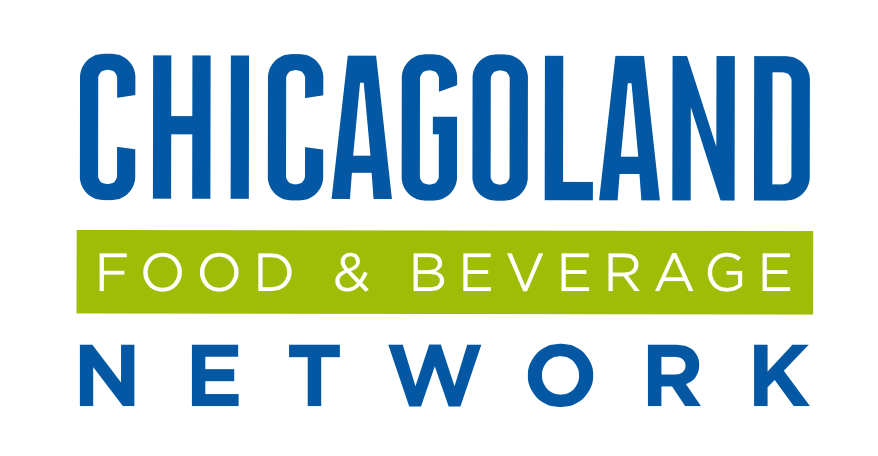- Home
- Member News Blog
- Executive Summary: Navigating The Storm: Crisis Management & Food Safety Culture
Quick Links
Quick Links | Resources |
Chicagoland Food & Beverage Network
1235 N Clybourn Ave, Ste A, PMB 303,
Chicago, IL 60610
(312) 525-9653
info@chicagolandfood.org
©Chicagoland Food & Beverage Network. |
Powered by Wild Apricot Membership Software
